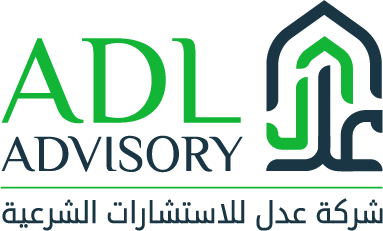
2 reasons why Muftis & Shari’ah Scholars may sound so restrictive
I often come across the comment that shari’ah scholars are very restrictive, they don’t understand the technologies or the underlying logic of a product etc. This leads to delays in launching a product or creates confusion among the mass.
While I’m not trying to defend the shari’ah scholars, however, I wanted to highlight two key points.
1. It has been stated by many scholars of the Salaf (predecessors), that a Mufti (shari’ah scholar) stands between Allah SWT and His creations. He conveys a ruling of shari’ah as if Allah SWT has ruled that. Therefore he needs to consider the status of that position, and be cautious on issuing a pronouncement.
Many of the scholars of Salaf used to reply ‘La Adri‘ (I don’t know) in reply to a question. Not because they didn’t know the answer, but to protect themselves from any unintended mistake in conveying the rulings of Allah SWT.
2. A fatwa (shari’ah pronouncement) is basically an answer to an Istifta – which is a question about the shari’ah status of a specific incident/ or state of a thing. Thus, the fatwa is always relevant to the scenario specified in the Istifta (question), and not necessarily applicable elsewhere, unless it’s pronounced that way.
For example, if someone asks the ruling of using a knife, the Mufti will ask him to clarify the type of usage he meant. Using it for cutting fruits and using it for crimes – both will have different fatwas.
Similarly, if a Mufti is asked about certain new technologies like blockchain based cryptocurrencies, he may further query the usage of it. Based on the type of usage the individual intends, the fatwa can be different. The Mufti may also check the available data to see what most people use it for, in order to issue a public fatwa. And of course, the fatwa will be negative if negative usage is prevalent based on data.
Now, if a Mufti is asked merely about an underlying technology, which has no clear use case, understandably he’ll restrain from giving fatwas. As mentioned earlier, fatwas are for use cases, not for the underlying tool or technology.
In contrast, if a good use case is presented, it’ll definitely help the Mufti to expedite the approval process and come up with a positive fatwa.
The above two points are also relevant for a Fintech product development team in a financial institution. If the use case is not clear to the shari’ah team, it may lead to unnecessary delays in approving the product. It may not always because they don’t understand the product or the underlying technology. Rather, they are more concerned about how the product will be used.
A good way forward could be having shari’ah scholars sit with the product development team right from day one. If both teams brainstorm together, most of the concerns could have been addressed right at that time. Only a few small amendments may be necessary during final approval.
Thanks for reading this. Would love to hear your thoughts on this. Jazakumullah.
